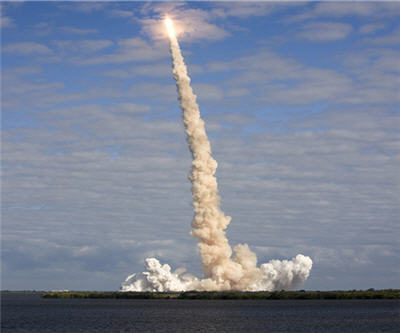Obama puts off Keystone decision. Quelle surprise.
The US state department's anonymous leak to the media on Tuesday lowering expectations about a decision on Keystone this year should not come as a surprise to anyone following Barack Obama's poll numbers or the increasing bitterness on the left about his perceived closeness to industry.












